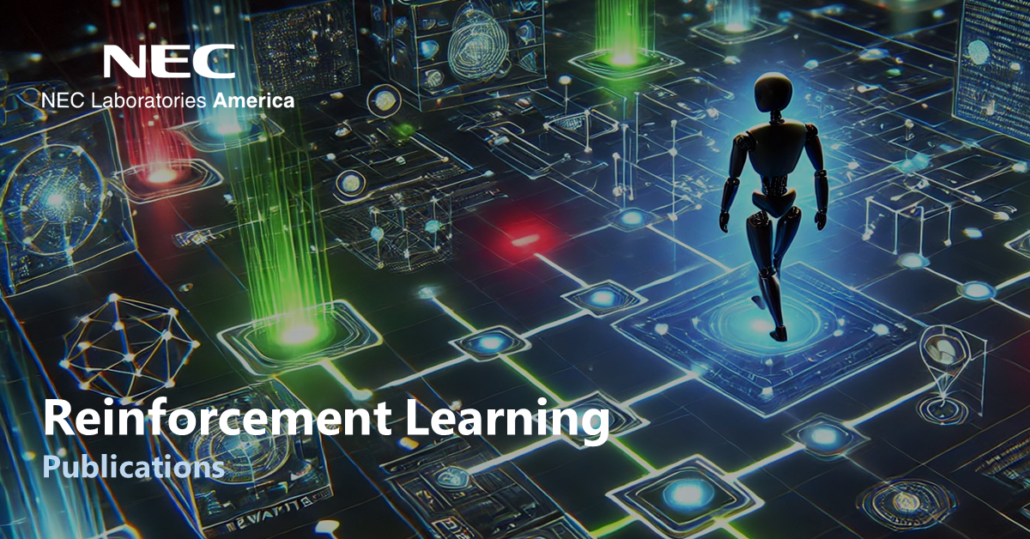Learning Robust Representations with Graph Denoising Policy Network
Existing representation learning methods based on graph neural networks and their variants rely on the aggregation of neighborhood information, which makes it sensitive to noises in the graph, e.g. erroneous links between nodes, incorrect/missing node features. In this paper, we propose Graph Denoising Policy Network (short for GDPNet) to learn robust representations from noisy graph data through reinforcement learning. GDPNet first selects signal neighborhoods for each node, and then aggregates the information from the selected neighborhoods to learn node representations for the down-stream tasks. Specifically, in the signal neighborhood selection phase, GDPNet optimizes the neighborhood for each target node by formulating the process of removing noisy neighborhoods as a Markov decision process and learning a policy with task-specific rewards received from the representation learning phase. In the representation learning phase, GDPNet aggregates features from signal neighbors to generate node representations for down-stream tasks, and provides task-specific rewards to the signal neighbor selection phase. These two phases are jointly trained to select optimal sets of neighbors for target nodes with maximum cumulative task-specific rewards, and to learn robust representations for nodes. Experimental results on node classification task demonstrate the effectiveness of GDNet, outperforming the state-of-the-art graph representation learning methods on several well-studied datasets.


